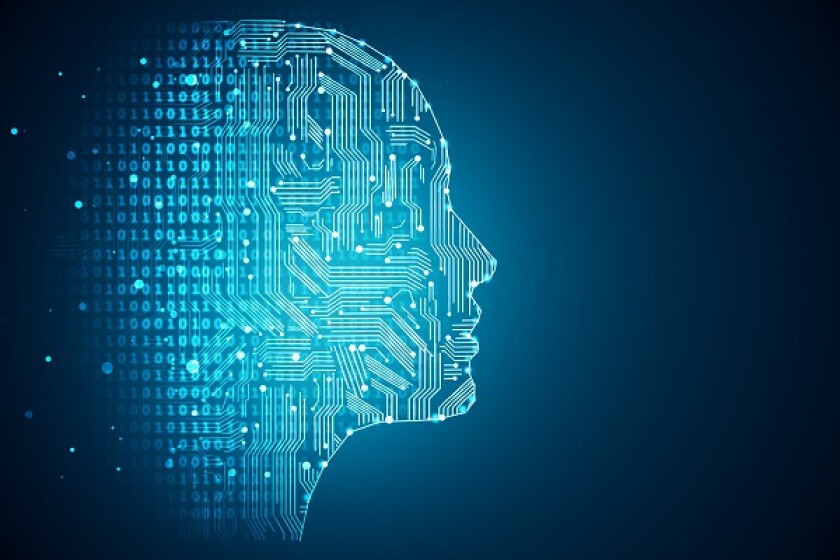Anyone with more than a passing interest in new technologies and the law will have received a nice surprise on Tuesday, March 23, when the UKIPO released the results of a three-month consultation on the impact of artificial intelligence on intellectual property.
Running from September to November 2020, the consultation took a deep dive into the many intersections between AI and patents, copyright, designs, trademarks and trade secrets. At the time, I wrote an opinion piece arguing that while the initiative was welcome, it was probably too little, too late.
Though the full report still needs to be properly digested, there is at least one highly notable outcome – the UKIPO will consult on a range of options, including legislation, to address the fact that AI tools cannot be listed as inventors.
“We recognise that AI systems have an increasing impact on the innovation process. We want to ensure the intellectual property systems support and incentivise AI-generated innovation,” said a UKIPO spokesperson.
“We also want to ensure transparency in the innovation process and that inventorship criteria do not present a barrier to protecting investment in AI-generated innovation.”
Related stories
This pledge comes despite a ruling from the England and Wales High Court in September 2020 that only “natural persons” can be classed as inventors. In it, the court said the term “inventor” under UK law excluded AI systems.
Of course, we are a long way from any legislation being put on the table – and we have no idea what would be in it – but the UKIPO’s position could pave the way for a bold departure from the court’s decision (and that of other IP offices, including the USPTO).
As recently as February 24, the USPTO urged the District Court for the Eastern District of Virginia to dismiss a suit challenging its decision that an AI tool could not be listed as an inventor in a US patent application.
Turning the tables
Until very recently, it seemed this was the UKIPO’s position too. Let’s not forget, the decision from the High Court upheld a UKIPO ruling that said the patent applications in question had failed to identify a “person”.
The case concerned two applications for an AI machine named Device for the Autonomous Bootstrapping of Unified Sentience. The man behind the applications, Stephen Thaler, previously told Managing IP that it would have been “criminal” to list himself as the inventor because DABUS was the true inventor.
If the UKIPO did introduce legislation that recognised AI tools as inventors, it would be a highly progressive yet controversial move that would recognise the centrality of non-humans in the invention process.
According to the UKIPO, the consultation was split on whether AI systems were even able to invent without human involvement; some (though certainly not Thaler) said that it was simply not possible.
There was also an interesting range of views on the issue of AI inventorship, with the UKIPO confirming that some respondents said it might be appropriate to list AI as an inventor per se, but that others disagreed. Some even felt that the concept of an inventor should be discontinued.
But now we know where the UKIPO sits in the debate, it will be intriguing to see where it takes things. Will we really see new legislation that gives AI the same rights as humans? It’s not so unthinkable any more.











